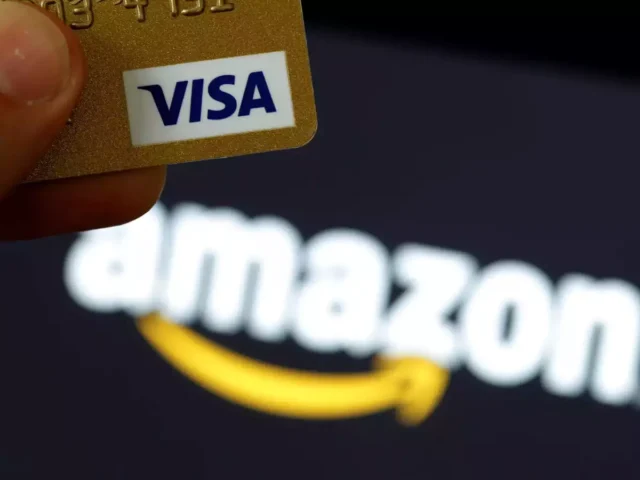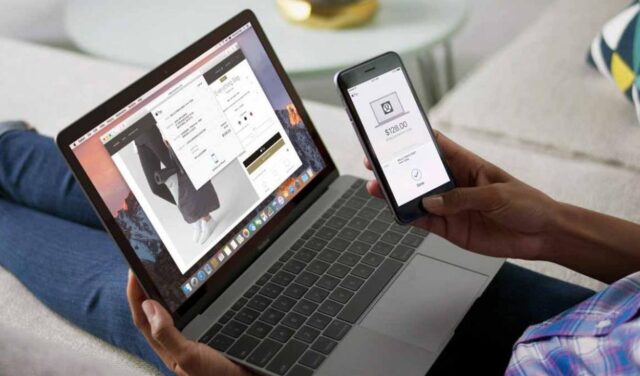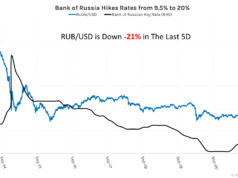
Online sellers trading today face many different challenges including rising sale fees, supply chain issues and increasing competition. Another challenge that many face is the currency exchange and international payment fees incurred when selling to foreign customers. In this post we will look at how opening different payment collection accounts such as a foreign currency account or a multi currency account, can help e-traders cut costs and increase profit.
Currency Exchange For Online Traders
Firstly let’s look at how receiving payments in a foreign currency actually works. Imagine we have an online store based in the US, our goods are priced in dollars but we offer worldwide shipping and as such, invite customers from all over the world. There are a few different ways in which this can work.
One common option is that we exclusively accept payment in dollars – this means that no matter where in the world our customers are, they have to pay us in dollars. Under this option, the website’s payment terminal will handle the currency conversion from the buyer’s native currency into dollars and then forward the money onto us. This strategy makes things very simple for us as the seller, but the downside is that the buyer is penalised as their bank will charge them a currency conversion fee, and will also complete the currency conversion at an unfavourable exchange rate. Basically, this can easily inflate the price of our goods making them uncompetitive and we risk losing sales.
The second common option is that we allow customers to pay in whatever currency they wish, and then we take responsibility for the currency conversion – this means we absorb the fee, and we take the hit from our bank using a less than optimal currency exchange rate. This approach will help us to land more international sales, but we will be taking a hit on every one and in extreme cases, a seller may end up selling goods at a loss.
International Payment Fees on Amazon

Note that Amazon Global Sellers are essentially locked into Amazon’s default currency swap system. This often costs sellers 4% or more on each foreign currency sale.
Collection Accounts
As you can see, neither approach is exactly desirable. Remember that margins are often very tight in the online retail market and so there is a risk that the nuances of accepting payments in foiregn currencies can severely impact profitability.
Introducing The Multi Currency Account
As such, more creative and unorthodox approaches are needed. One of these is for an online seller to open a multi currency account. A multi currency bank account is simply one which allows the account holder to retain a balance in a number of different currencies. For example, our imaginary online store could open a multi currency account with the primary balance in US dollars with sub-accounts or pots in Euros, British pounds, Chinese Yuan/Renminbi and whatever other currency we wanted. The advantage of this is that we would then be able to accept payment in foreign currencies meaning that neither we nor the buyer have to stand the costs of currency conversions.
Of course, it is neither possible nor feasible to have a multi currency account for every different currency in the world and there will be occasions when an online seller has to use the traditional currency conversion method. However, account holders can choose a few prominent currencies based on where most of their customers are based geographically.
Now, some of you reading this may be wondering why a US based seller would want a bank account bulging with foreign currencies. Afterall, they ultimately have to pay their taxes and staff in US dollars, not Pounds or Euros! Well, multi currency account holders are free to convert their foreign currency balances into dollars at any time they wish. Some prefer to do this immediately, others as part of month end reconciliations and others prefer to keep an eye on exchange rates and wait until the rate tips in their favour (the US dollar is currently doing particularly well by the way).
Choosing a Foreign Currency Account

Generally, high street banks do not offer multi currency accounts. Instead multi currency accounts are usually offered to businesses by fin-tech e-banks, foreign exchange service providers and money transfer specialists. There are now many different organisations offering multi-currency accounts. If you want to open one yourself, then you can get one here.
OFX – Founded in Sydney in 1998 as a transfer specialist, OFX now offers multi currency accounts in a number of leading currencies including US, Canadian and Singapore dollars as well as pounds and euros.
World First – London based World First offers excellent margins on currency exchanges as well as an ever expanding choice of currency accounts including Japanese and Chinese Yuan.
Wise – Wise was initially founded as the money transfer specialist Transferwise. They are rapidly expanding their offerings including multi-currency accounts in over 50 different currencies.
Money Corp – Founded back in 1979, MoneyCorp is a world renowned foregihn exchange specialist. While they are only able to offer virtual accounts in pounds, dollars or euros, they can offer corporate clients bespoke account management.
Revolut – The fin-tech start-up turned ebank Revolut is now able to offer customers in 30+ currencies as well as stock and crypto trading options.
Spartan FX – Spartan FX’s multi-currency account facility is powered by their own Currency Cloud software.
Payoneer – The payment provider Payonner now offers accounts in USD, EUR, GBP, CAD, AUD, JPY and CNH.
Kantox – Kantox now offers collection only accounts in 29 different global currencies.
DynaPay – London’s DynaPay is growing fast and can now offer accounts in dollars, pounds, euros and 30 other currencies.
TransferMate – Also founded as a money transfer provider, the B2B specialist TransferMate have expanded to offering accounts in 30 currencies.
The Currency Account – Perhaps the less well known player on our list despite operating and offering accounts in 20 currencies since 2011.
Airwallex – Easy to use app based Airwallex offers foreign currency accounts in the US, UK, Europe, Hong Kong, Japan, Australia and New Zealand.
StarlingBank – British ebank Starling Bank now offers business accounts in pounds, euros and dollars.
CurrenciesDirect – The transfer specialist and currency broker offers incoming payment accounts in most major currencies.
Final Thoughts

As we have seen, currency exchange and international payment fees can undermine an online seller’s profitability. Therefore the shrewd move is to investigate opening a multi currency account or foreign currency account.












